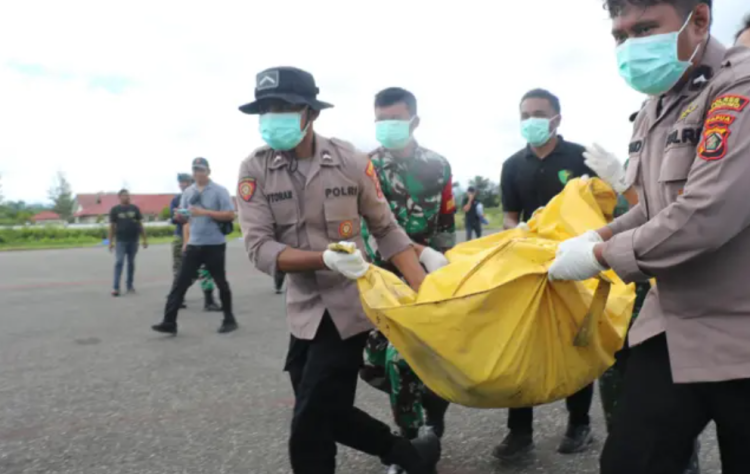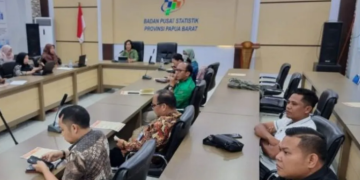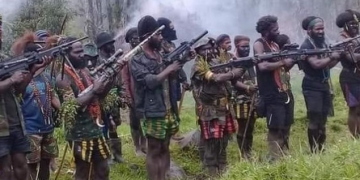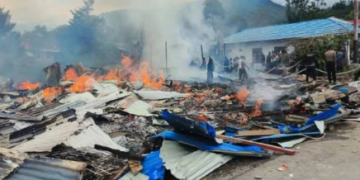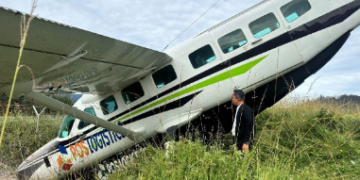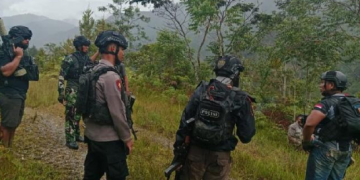In an official statement, the joint TNI-Police task force revealed that 16 of the bodies have been returned to their families. This deadly attack follows a pattern of similar incidents in previous years, where OPM militants targeted illegal miners in the region.
The gold mining operations in Papua have been an ongoing issue for Indonesian authorities. Despite multiple raids and the closure of several illegal mining sites, the practice continues. Local officials have attempted to curb the growing number of illegal mines, yet the situation remains largely uncontained.
The recent attack took place in the Korowai area, located in the remote forest region shared by several districts including Boven Digoel, Asmat, Mappi, Yahukimo, and Pegunungan Bintang. The harsh terrain makes it difficult to access these mining areas, which are often only reachable by helicopter or foot. The violence associated with these mining activities highlights the ongoing risks faced by workers in these remote areas.
Among the 16 victims of the gold miners identified so far was Ariston Kamma, a man from Toraja Utara, South Sulawesi. His family was shocked by the news of his death, as they had recently communicated with him just days before the attack. His cousin, Kevin Risallino, denied the accusations that Ariston was a TNI spy, stating that he was simply a civilian working to support his family. Kevin expressed hope that other miners would stop working in the dangerous and illegal mining fields to avoid further tragedy.
Former Papua Provincial Member of Parliament Laurenzus Kadepa has been vocal about the risks posed by illegal mining in Papua. Kadepa, who has previously warned about the potential for violence in mining areas, stressed that the lack of government oversight has allowed illegal mining to flourish. He noted that these activities often go unpunished, with fatalities becoming a routine consequence of the ongoing conflict between miners and armed groups like the TPNPB-OPM.
The unregulated gold mining in Papua is not only a security threat but also a significant environmental concern. Mining operations have resulted in widespread deforestation, pollution of rivers with toxic chemicals like mercury, and the destruction of local ecosystems. In areas like Boven Digoel, rivers such as the Deiram River have turned brown due to mining waste, severely affecting local wildlife and the traditional livelihoods of indigenous communities.
Despite these dangers, the demand for gold continues to drive illegal mining in Papua. Local authorities are struggling to manage the issue, with some proposing solutions like increased surveillance and even the use of helicopters to monitor remote mining sites. However, efforts to formalize and regulate the mining industry have been slow, and illegal miners continue to operate with little interference.
The violence against gold miners underscores the complexities of Papua’s illegal gold mining dilemma. It is not just a matter of economic activity but one deeply intertwined with the region’s political and security situation. The government faces a challenging task in addressing both the security risks posed by armed groups and the environmental and social impacts of unregulated mining practices.

